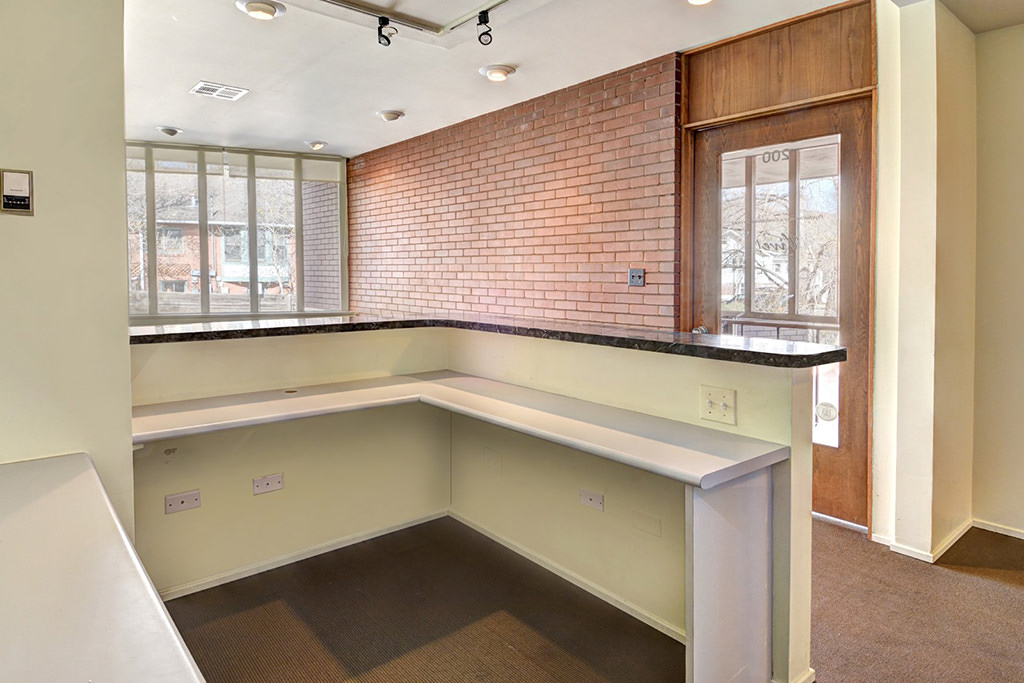
What You Should Expect From Your Property Manager
The task of operating a commercial property, from rent collection to maintenance to lease administration, is enormously time-consuming. Therefore, many owners outsource this work to a property manager. Below is a list of what you should expect from your property manager.
Rent Collection and Bill Pay: Collecting rent and paying bills must be handled every month and is very time-consuming. Your property manager handles both the property’s income and expenses for you. You should expect your property manager to provide both online and mail-in options for rent collection and to deal with delinquencies if any. Your property manager should also pay all property invoices on time and 1099 all vendors at the end of the year.
Annual Property and CAM Budget: Your property manager should be able to develop comprehensive, customized annual or multi-year budgets that examine property cash flows to reveal if there is a surplus or a need for additional contributions. This includes the budget for Common Area Maintenance (CAM) expenses. Think reception areas, landscaping, parking lots, and snow removal.
Annual Triple Net/CAM Reconciliations: At the end of the year, Triple Nets and CAM expenses will need to be reconciled with tenants. The property manager adds up all expenses and charges the tenants their pro-rata share.
Capital Improvement Schedule: To prepare and budget for capital improvements, your property manager should anticipate the life expectancy of major equipment and help you efficiently schedule replacements and upgrades. This will help you manage your cash flow and maintain your property’s value over time.
Construction Management: Similarly, when improvements are being made, or if construction is taking place for a remodel, your property manager may be able to oversee everything from bid comparison to vendor selection to oversight of the project.
Asset Management: In recent years, the role of property managers has evolved to include asset management. Asset management is the process of ensuring owners maximize long-term profitability of their investments. They reduce risk, identify opportunities for value creation, and manage the property’s taxes. Your property manager should be able to analyze the financials of your property and have a strong understanding of real estate taxes.
Reporting: Similarly, you should expect regular reporting on your property, including a rent roll, balance sheet, income statement, general ledger, budget variance report, bank statement, bank reconciliation report, and receivables report.
Tenant Relations: Perhaps the most important job of a property manager is to ensure positive tenant relations. Tenants are your revenue source, so managing them well is the key to your success. Property managers should be problems solvers, able to quickly assess and resolve any tenant issue that arises without having to involve the owner. Strong tenant retention is the sign of a good property manager.
Lease Renewals: Your property manager may be in charge of lease renewals and expansions. This should be handled in a timely manner and in a way that compliments your long-term tenant plan.
